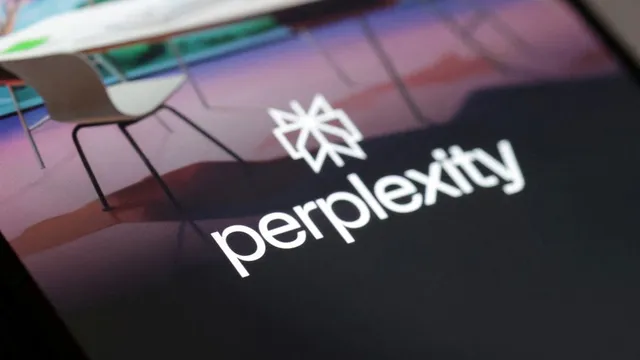- By Alex David
- Sun, 09 Nov 2025 10:54 PM (IST)
- Source:JND
San Francisco-based startup Perplexity AI has started sending out early access invites for its upcoming Comet browser on Android, marking the company’s boldest move yet to challenge Google Chrome’s dominance in the mobile browser space. Following its earlier releases on Windows and macOS, Comet’s Android rollout signals the company’s intent to bring its agentic AI browsing experience to a wider user base.
Comet Browser for Android: Early Access Begins
Perplexity’s founder Aravind Srinivas announced that Android users are now receiving invites to test the Comet browser. Early access is currently limited, with priority being given to Perplexity Pro and Max subscribers and frequent users of its AI-powered search engine.
ALSO READ: Lava Agni 4 Launching In India On November 20: Expected Specs, Features, And Price
“Comet Android early invites are going out. If you want to maximise your chances for early access—it all comes down to your Perplexity Android usage and Pro/Max user status! More invites will go out soon,” Srinivas wrote on X (formerly Twitter).
Interested users can register through the Google Play Store or Comet’s official website to join the waiting list.
Aiming Directly at Google Chrome
Perplexity’s move to launch Comet on Android sets up a direct showdown with Google Chrome, which continues to dominate both desktop and mobile browsing markets.
According to data from SimilarWeb:
Browser | Mobile Market Share |
Google Chrome | 60.45% |
Apple Safari | 31.22% |
Samsung Internet | 4.98% |
Opera | 1.13% |
Firefox | 0.38% |
Chrome’s commanding market share gives Google a firm hold over mobile web behaviour, but Comet aims to disrupt that with a smarter, AI-driven experience designed to anticipate and act on user intent — not just display web pages.
What Makes Comet Different
Unlike traditional browsers, Comet is an agentic AI browser — meaning it doesn’t just help users navigate the web but can act on their behalf. Powered by Perplexity’s proprietary AI models, Comet can:
- Summarise content from articles or research papers in real-time.
- Automate multi-step tasks, such as comparing products or booking hotels.
- Perform productivity actions like scheduling meetings or sending emails.
- Fill out forms and execute commands across multiple websites seamlessly.
The goal, according to Perplexity, is to redefine web browsing as an interactive, AI-assisted workflow rather than a passive experience.
Security Concerns Around Agentic AI Browsers
While Comet’s intelligent automation offers convenience, it also introduces new cybersecurity risks. Researchers at Brave, another privacy-focused browser company, have identified potential vulnerabilities in agentic AI systems — specifically prompt injection attacks.
These attacks exploit how AI agents interpret webpage data by hiding malicious commands in invisible text or embedded code. If executed, such commands could trick the AI into performing unauthorized actions, like sending private emails, filling sensitive forms, or even accessing financial accounts.
Perplexity’s own security team acknowledged the issue last month, stating that the problem “won’t be solved through conventional red teaming” and would require a complete rethinking of AI browser security.
The Bigger Picture: Perplexity’s Push Against Google
Perplexity’s Android debut is part of a larger strategy to challenge Google’s dominance across search and browsing. The company already offers an AI-powered search assistant that competes with Google Search, and Comet represents the next step — extending that intelligence directly into the browsing experience itself.
ALSO READ: Apple Partners With Google To Power Siri Using Gemini AI Amid Delays In Apple’s Own AI Models
If successful, Comet could become the first mainstream AI-native browser that automates much of what users do online—potentially eroding Chrome’s grip on mobile web traffic.
Final Thoughts
Now receiving early invites, Comet for Android is shaping up to become one of the most anticipated AI-driven apps of 2025. Boasting automation, conversational browsing, and deep integration with Perplexity's search capabilities makes it an appealing candidate in the mobile browser market.
However, its success will depend on balancing innovation with safety. As AI browsers become more capable — and more autonomous — ensuring trust and security will be just as important as performance or usability.
If Perplexity can deliver on both, Comet could emerge as the first credible alternative to Chrome in over a decade.

